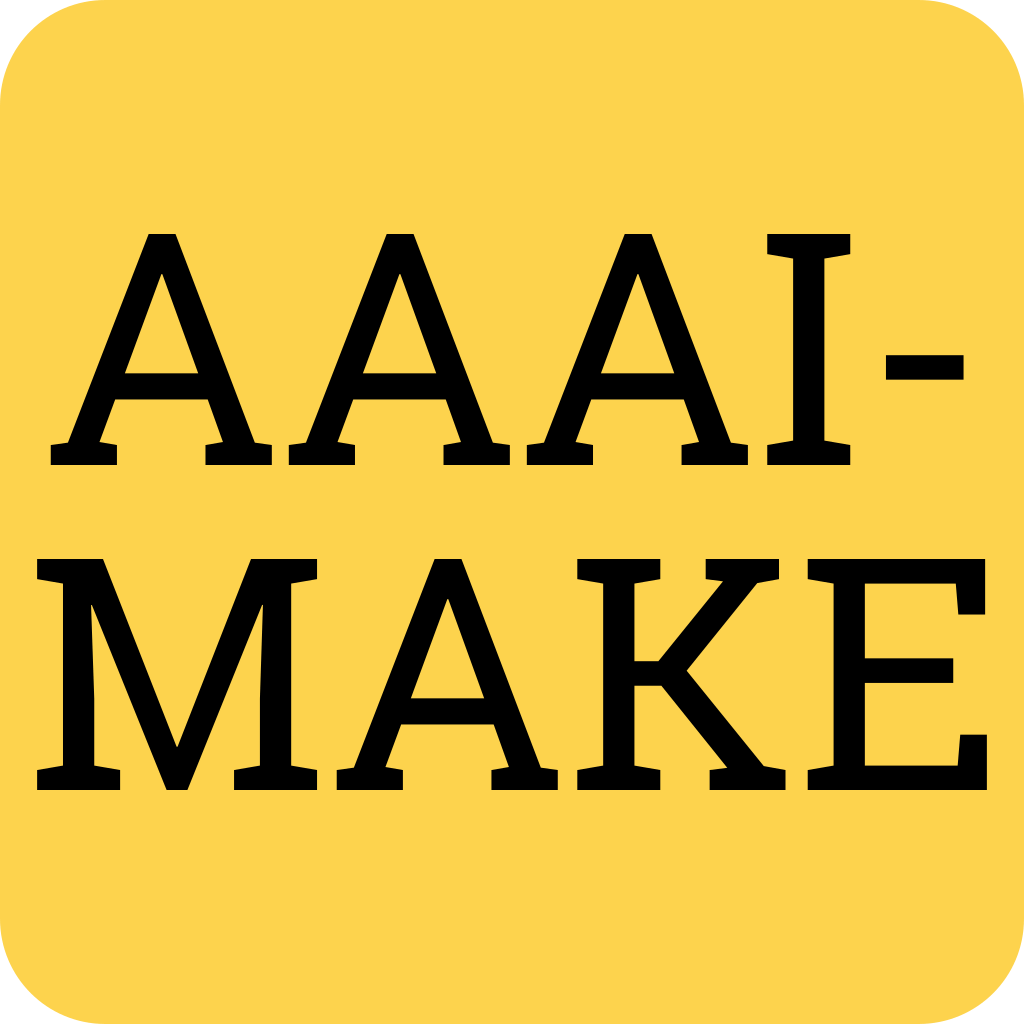We solicit full papers and position/poster/short papers that can include recent or ongoing research, challenges with datasets, and surveys.
All submissions must reflect the formatting instructions of the AAAI author kit and be submitted through EasyChair.
- Full papers (6 to 8 pages plus 1 to 2 “references” pages) and position/short/poster papers (2 to 4 pages plus 1 “references” page) can include recent or ongoing research, challenges with datasets, and surveys.
- Industrial side-tutorial event or demonstration proposals (1 to 2 pages) should have a focus on business or research related to the symposium topics, excluding product advertising.
- Discussion proposals (1 page) should contain a description of the specific topic with a list of questions and a discussion moderator.
The invitation of contributors and presenters will be based on a rigorous single-blinded review of papers by the program committee. Accepted papers shall be published as part of the “Proceedings of the AAAI Symposium Series” by the AAAI Library.
After an acceptance notification, at least one author of each accepted submission must be registered for AAAI-MAKE 2024 and present the paper at the symposium that the publication will be part of the symposium proceedings.
1. Writing – Layout
All submissions must reflect the formatting instructions provided in the AAAI Author Kit.
2. Writing – Title and Metadata
The submission title must be in emphasizing style. Information on correctly emphasizing titles in English are available in the Wiki of MusicBrainz. Alternatively, some online title capitalisation tools such as «The Capitalizer» (limited basic rules; ads-free) or the «Title Case Converter» (extensive rules; ads) may be used. The indication of whether the contribution is a position or not, should not be part of the title; instead, this should be mentioned in the abstract or introductory section of the paper. The title and all further metadata, including all author’s names and affiliations, must be correct and consistent with the entries in EasyChair.
3. Submission
All submissions must be submitted through EasyChair, including the correct and consistent names and affiliations of all authors.
4. Review
Full, position, short, and poster papers will be peer-reviewed by the program committee to ensure academic integrity – the symposium chairs will disclose the decision and the reviews to the authors. The industrial side-tutorial event, demonstration, and discussion proposals will be reviewed and selected by the organizing committee.
5. Reviewer’s Comments
Authors should address the reviewer’s comments the best possible. However, it is not scientifically acceptable to add additional information and results to the paper, which would require a further review. Authors are advised to find the right balance by considering the comments of the reviewer and an appropriate number of modifications.
6. Camera-ready Version
Authors should expect to receive an email invitation to submit their AAAI Camera Ready Copy (CRC) files. The invitation email will include instructions specific to AAAI’s official publications.
7. Proceedings
Accepted papers shall be published as part of the “Proceedings of the AAAI Symposium Series” by the AAAI Library. The proceedings will be available after the conference.
8. Preprint Policy
Authors ARE allowed to publish preprints without the AAAI copyright notice (i.e., not the AAAI-endorsed version) to preprint servers such as arXiv. However, authors are NOT allowed to publish the AAAI-endorsed preprints (with the AAAI copyright notice) to preprint servers.
